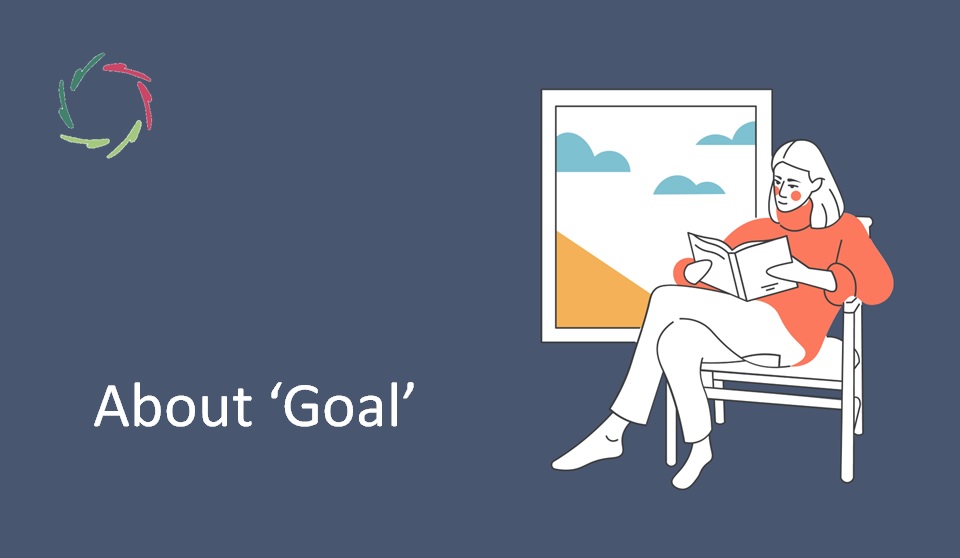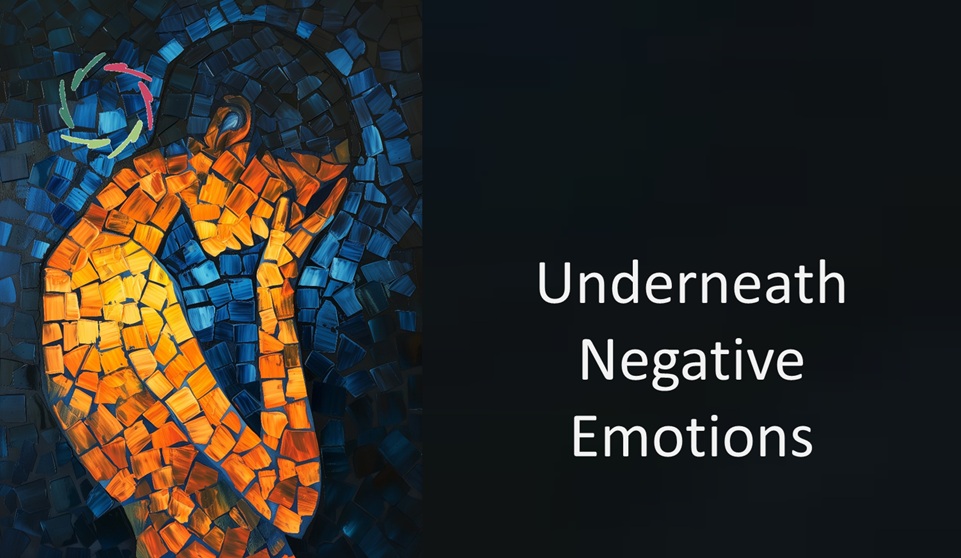The Basic Denial

Not seeing through an obvious illusion is one thing. Not wanting to see despite immense mayhem for countless people is different.
Basic cognitive illusion
This is: not consciously reckoning with non-conscious, subconceptual mental-neuronal processing. [see: “The Basic Cognitive Illusion”] This illusion is debunked by a lot of scientific data. For instance, [see: “The Post-Postmodernist Brain”]
Thus, not seeing through this is scientifically comparable to being a flat-earther ― denying that the earth is rather round than flat. I acknowledge: the illusion is sticky. Sitting in a room, the room is flat. Driving through a street, the street is basically flat. Still, a flat earth is an illusion.
A flat human being is equally an illusion. We are conceptually graspable only within this ego-illusion. Subconceptual mental processing is undeniably real and ubiquitous. [see: “About ‘Subconceptual’”] This changes almost everything about our conception of the human being and how to practically manage things.
COVID
COVID has taught me that, more than simply an illusion, there is a widespread active denial of the illusion by those who should know about the subconceptual influence of the mind on COVID. This could relieve much human suffering and economic hardship. [see: “Mind the Denial”]
I contacted medical colleagues in many ways. In my view, there is a huge responsibility resting on their shoulders. It’s plain. It’s clear. It’s here.
I contacted philosophers. Hmm.
Many consequences
COVID is just an example. This active denial has a tremendous amount of consequences in healthcare. For instance, [see: “Stress Kills”], [see: “Subconceptual Processing in Health and Healing”]. In short, immense suffering, huge cost.
There are even more dire consequences outside of healthcare. This is the cost of being dissociated from one’s core being. [see: “Inner Dissociation is NEVER OK!”]
The basic denial
Denial is an action, not a simple happening.
Many intelligent people – the elite? – are in active denial. Partly knowing, having a hunch, they turn the other way. To me, a true intellectual elite is one who dares. [see: “The Intellectual Elite – Leaving Nobody Behind”]
There’s a lot of being afraid of others, much anxiety towards oneself, much addiction to superficiality, many negative reasons and excuses. Meanwhile, there is little daring ― regretfully.
Big-c-Compassion
This is empathy with much mental overlap, making “what is good for you is good for me,” taking into account subconceptual mental processing. [see: “Essence of Compassion”]
I see this as the only way to overcome the denial and inner dissociation. [see: “Compassion: Relief of Dissociation”] In-depth, both are the same.
Compassion is the result of mental growth. [see cat.: “Personal growth”] This should also be the main aim of coaching/psychotherapy. [see: “What is Success in Therapy?”]
In this sense, eventually, it may also be the only way therapy really works. [see: “Only Compassion Works”]
I acknowledge, there is no Compassion without daring. [see: “Daring to Be Vulnerable”]
The world needs Compassion.


